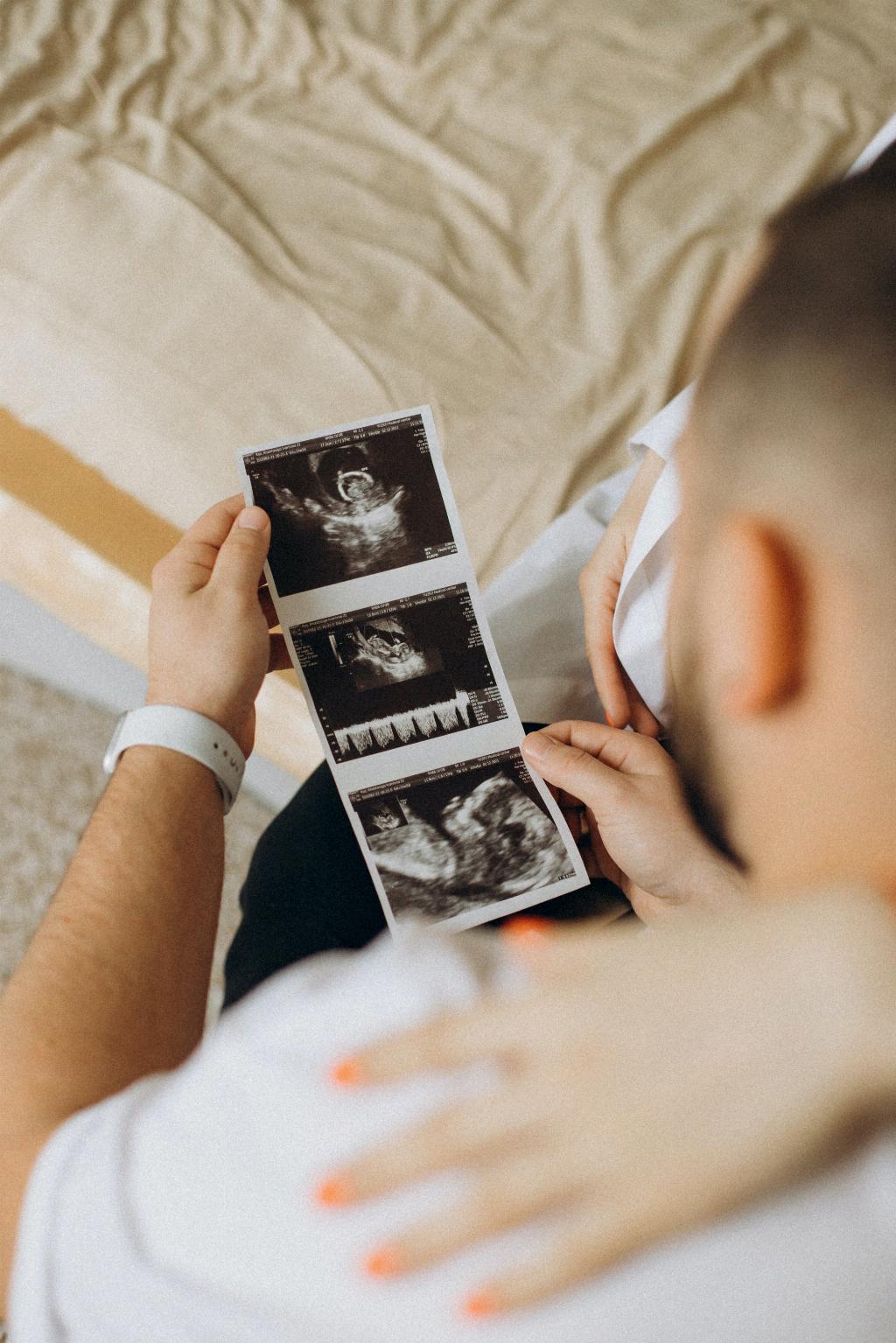Experiencing excessive burping during pregnancy can be quite common and is often attributed to a variety of factors. It’s essential to recognize that the changes happening in your body during pregnancy can impact your digestive system, leading to symptoms like burping and bloating.
Impact of Overeating and Eating Habits
One of the primary reasons for excessive burping during pregnancy is overeating or consuming meals too quickly. When you eat large portions in one sitting or rush through your meals, you end up swallowing more air, which can result in increased burping.
Food and Drink Choices
Certain foods and drinks can also trigger excessive burping during pregnancy. Foods like carbonated beverages, spicy or greasy foods, and caffeine can aggravate your digestive system and lead to increased burping. It’s essential to pay attention to how your body reacts to different foods during pregnancy.
Digestive Discomfort and Heartburn
Experiencing heartburn and indigestion during pregnancy can contribute to excessive burping. When the valve between your esophagus and stomach relaxes due to hormonal changes, stomach acid can flow back up, causing discomfort and burping.
Effects of Anxiety and Emotional Well-being
Stress, anxiety, and depression can also play a role in excessive burping during pregnancy. Emotional factors can impact your digestive system’s functioning, leading to symptoms like bloating, gas, and increased burping.
Physical Changes in the Body
As your body undergoes significant physical changes during pregnancy, your digestive organs can become compressed, leading to slower digestion and increased gas production. These changes can contribute to bloating and excessive burping.
Importance of Hydration
Staying hydrated is crucial during pregnancy, but consuming too many fluids, especially carbonated beverages, can contribute to excess burping. Opt for water or herbal teas to stay hydrated without adding to your burping symptoms.
Impact of Pregnancy Hormones
The hormonal fluctuations that occur during pregnancy can affect various systems in your body, including digestion. Hormones like progesterone can relax the muscles in your digestive tract, leading to slower digestion and increased gas, which can manifest as excessive burping.
Posture and Digestive Health
How you sit or stand after meals can also impact your digestive health during pregnancy. Slouching or lying down immediately after eating can compress your stomach and lead to gas buildup, causing burping. Maintaining good posture after meals can aid digestion and reduce burping.
Tips to Manage Excessive Burping
There are several strategies you can employ to manage excessive burping during pregnancy. These include eating smaller, more frequent meals, avoiding trigger foods, practicing relaxation techniques to reduce stress, and staying physically active to support digestion.
Consulting Your Healthcare Provider
If you’re experiencing severe or persistent burping during pregnancy, it’s essential to consult your healthcare provider. They can evaluate your symptoms, rule out any underlying conditions, and provide personalized recommendations to help alleviate your burping discomfort.
Conclusion
In conclusion, excessive burping during pregnancy can be attributed to a combination of factors, including dietary choices, hormonal changes, emotional well-being, and physical adjustments in your body. By understanding the potential causes and implementing strategies to manage your symptoms, you can navigate through pregnancy with greater comfort and ease.

